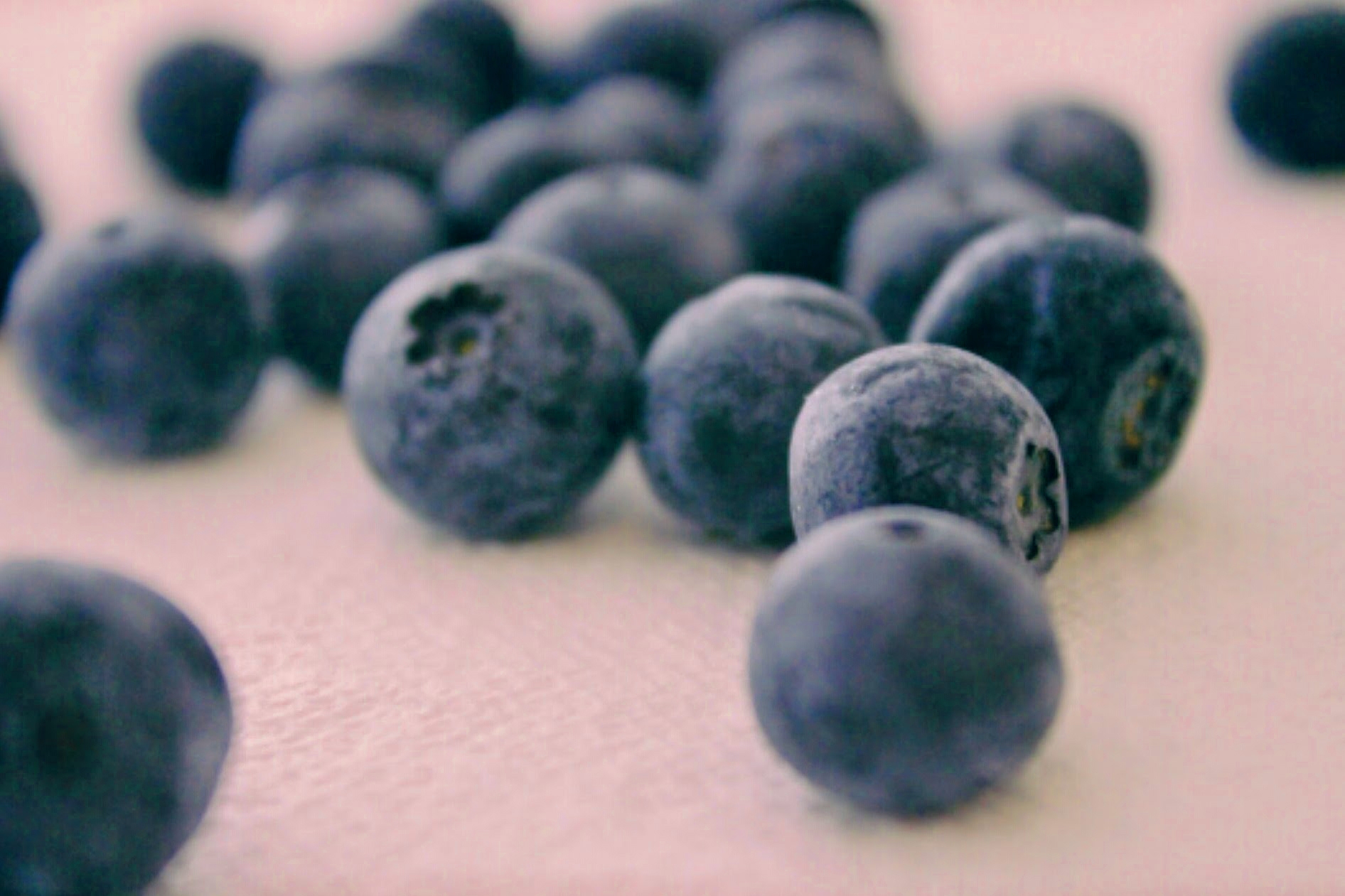Abdeali Saherwala | Staff Writer
Featured image: For the animals, for the environment, for your health. | Basma Elbahnasawy
Eating raw foods has become a dietary choice for many; they argue it’s cleaner, healthier, and more environmentally friendly.
A raw food diet is often called “raw foodism,” because the foods consumed are still in their natural states. This diet is mainly about eating unprocessed and uncooked foods, in order to attain all the nutrients without the dangerous additives. Through multiple scientific studies and anecdotal evidence, it has been linked to the reduction of inflammation, improved digestion, improved heart health, and maintining a healthy body weight.
While eating raw foods does have its health benefits, it can have some drawbacks as well. There is evidence that certain foods bring out more nutrients when they are cooked, particularly when they are steamed. Also, cooking allows a person to eat some animal products that many would be hesitant to eat raw, because cooking is often used as a method to kill bacteria and pathogens that live in some foods such as fish, meat, and eggs.
“I also wanted to improve my own heath and eating habits; some nutritionists say eating less meat reduces acidity in the body, which can lead to inflammation, and inflammation is the cause of numerous ailments. I also had a stress-related illness, so I turned to veganism as a way to treat it,” says a third-year English and Professional Writing Student who wishes to remain anonymous.
Cooking does degrade some nutrients from certain types of foods, though it also make some foods more easily digestible. Further, foods with antioxidants called beta-carotene and lycopene (such as squash, sweet potatoes and tomatoes) release more nutrients when they are cooked.
Raw foodism and veganism have much in common and are often confused with each other, but there is a clear distinction between the two. In raw foodism, one does not necessarily avoid all animal products, which vegans do. There are raw food diets which include raw fish, dairy products, meats or eggs, and even some cooked animal products as well. For both, the goal is to consume more natural, nutrient-dense, and unprocessed foods.
“I’ve been pescetarian for the past two years, although I am transitioning into becoming vegan. I decided to shift my diet five years ago after realizing the amount of abuse and suffering animals endure for human consumption, and after much research, recognizing that animal-based products are not necessary at all to live a healthy and fulfilling life,” says Shalyn Isaacs, a fourth-year Psychology student.
What influences many individuals’ decision to switch to vegan or raw food diets is based on animal rights, labour practices, and climate change.
Many animals are kept in inhumane conditions and small spaces, are forced to mature more quickly, and are injected with drugs that may put them at risk for a low survival rate, or even being unable to walk properly.
“I decided to become a vegan because from the research I had done about it’s benefits to the planet, such as reduced carbon dioxide emission” says the anonymous student.
Factory farms have often been heavily criticized by animal welfare organizations for alleged abuse and neglect of animals. As well as their alleged focus on a quick production of mass amounts of product, rather than providing acceptable living conditions for their livestock. There are also many environmental impacts of food production and the overall stability of the food supply chain and water usage.
There are some nutrients that are easily attainable through animal products. When compared together, the nutrient density of organ meats to that of vegetables like spinach or carrots, these meats outperform many non-animal foods.
“The reason I stopped being a vegan was because I felt that it was not sustainable, especially in social instances. Also, it cannot be applied universally and therefore did not fit into my moral framework.
“I believe we can’t be considered to be doing ‘good’—which is a common mind set in the vegan community—when there are cultures and people currently, and throughout history, who could not survive without meat,” adds the anonymous student.
Another reason why veganism is not recommended for many people is because it is easier to obtain saturated fats, omega-3 fatty acids, iron, B vitamins (especially vitamin B12 and folate), zinc, and selenium through moderate amounts of animal products, in comparison to a completely plant-based diet.
One such example of an essential nutrient that can easily be obtained through animal products is vitamin B12, which helps in the formation of red blood cells, improves cellular function, prevents anemia, and reduces fatigue.
“When I was eating large portions of meat on a daily basis, I experienced extreme fatigue, brain fog, digestion issues, and major skin and mood problems. Since switching my diet, I lost 15 pounds, have significantly more energy, enhanced mood overall, clearer thinking, and just feel better,” says Isaacs.
Raw foodism and veganism are two different dietary lifestyles with different implications. When considering shifting current eating habits to a certain dietary lifestyle, it is easier to shift slowly, as it may help one to stay more committed to a new dietary lifestyle.


